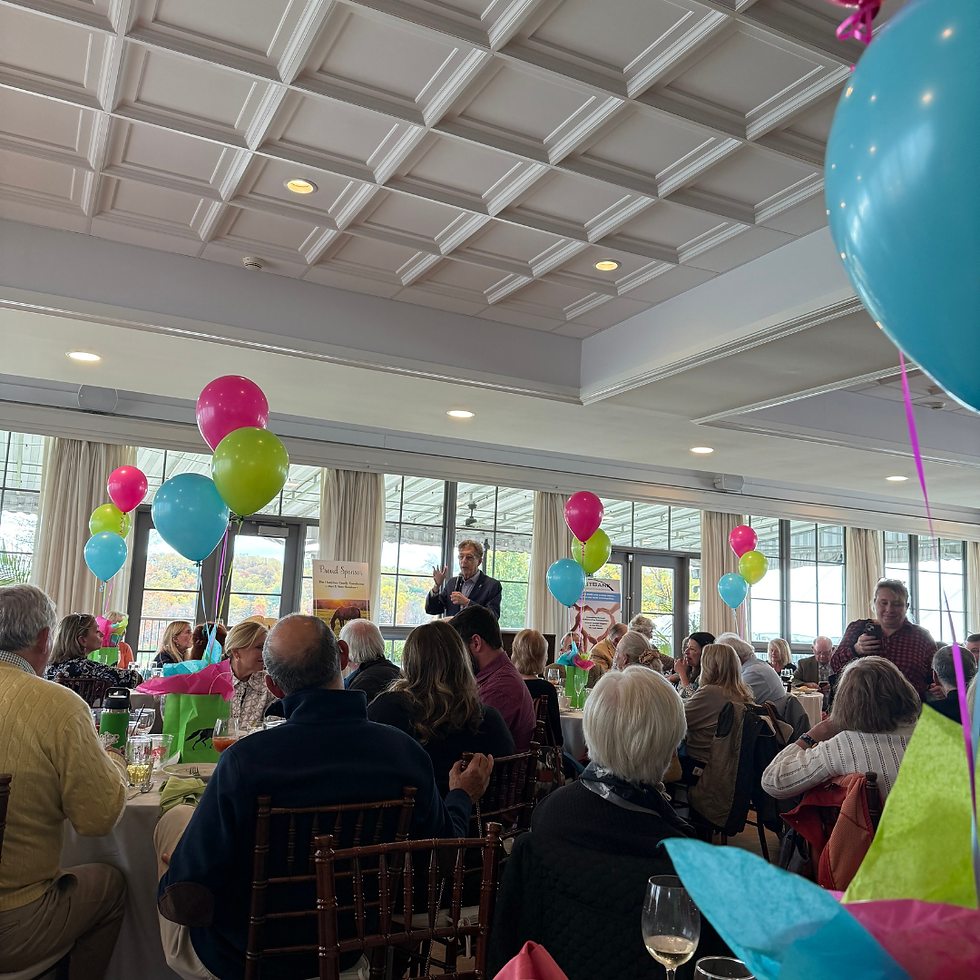5 Health Issues to Watch for in Your Senior Horse
- Ryerss Farm

- Oct 11, 2021
- 3 min read
Humans are not the only ones who will notice an increase in health issues as they age, your horses will do the same. As much as we don’t like to watch our horses get older, keeping an extra eye on them in their older age can help you look out for health complications. Many of these issues can be treated or at least some of the discomfort can be lifted if they are caught early enough. Here are 5 common health issues that you should watch for in your senior horse.

1. Arthritis - Very similarly to humans, as horses age, they can develop arthritis in their limbs that causes discomfort. This issue occurs mostly in horses older than 20 and the best way to prevent it or to relieve some discomfort is to engage your horse in some light exercise. This can be done with trainer-led exercises or by allowing your horse to graze for most of the day so that they are moving their bodies around more constantly. You should also maintain their weight to keep off any extra weight strain on your horse’s sore joints.

2. Laminitis - Although this disease can happen in horses of all ages, it is more common and can create a bigger issue in older horses. The disease occurs when there is inflammation of the tissue in the hooves of the horse that could cause pain, inability to walk, weight loss, and overall discomfort. There are a variety of different reasons that laminitis occurs but one of the most common is insulin spikes in your horse caused by an increase in sugar. This increase in sugar comes from the sweeter grass that grows in the fall.
3. Equine Cushing’s Disease - This disease occurs when a horse’s pituitary gland is overactive. The most common way that you can tell that your horse has Cushing’s Disease is if you notice a long, wavy coat that does not shed during the summer. Your horse may also be drinking and urinating excessively or losing weight. If not caught early, Cushing’s Disease could be a predisposition to laminitis and an overall weaker immune system in your horse. If you think that your horse may have Cushing’s, get a blood test done to detect it. If caught early, it can be managed.

4. Heaves - Heaves is a respiratory blockage disease that occurs in many senior horses. They can develop it if they are exposed to dust, smoke, mold, or pollution daily. Most commonly, if any of these substances enter your horse’s barn then living in it will lead to Heaves. If you start to notice that your horse gets easily winded, has a dry cough, nasal discharge, or begins to noticeably limit its activity, then it may not be getting enough air through its airway. Get your horse a respiratory challenge test to diagnose them with Heaves or any other respiratory disease.

5. Eye problems - As your horse gets older, it is common that their eyes will begin to deteriorate. Both problems with sight and problems around the eye area are more common in senior horses. Some common eye problems that you may start to notice include inflammation around the eyes, cloudiness in the lens, erosion of the cornea, or a surface break of the cornea. If the area around your horse’s eyes is swelling, red, tearing, producing discharge, your horse is squinting or the eyes have a cloudy appearance, then it may be time to see a doctor. Eye problems need prompt treatment to prevent issues from getting worse and often treatments are simple.
Although it is a sad reality that our horses will start to develop health issues as they age, keeping a close eye on them and their symptoms can mean early detection and treatment. Our senior horses here at Ryerss are monitored every day for any early-onset disease symptoms and we do everything we can to keep them as comfortable as possible.
.png)







Comments